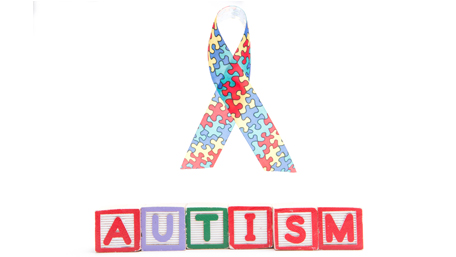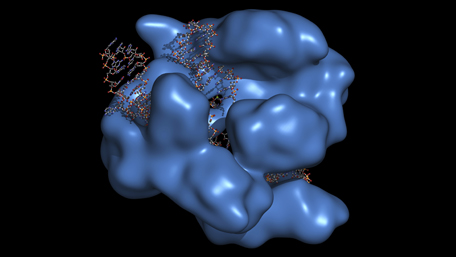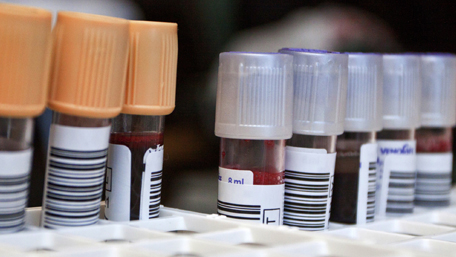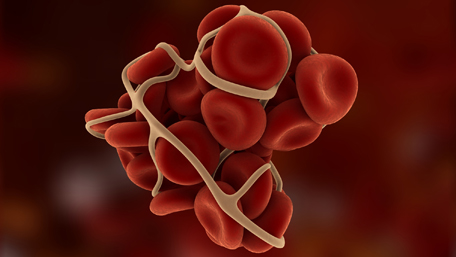
01/22/2023
Hot Topics of the Day are picked by experts to capture the latest information and publications on public health genomics and precision health for various diseases and health topics. Sources include published scientific literature, reviews, blogs and popular press articles.
Sign up MyPHGKB to receive the daily hot topic email alert.
Archived Hot Topics of the Day By Date
A Solve-RD ClinVar-based reanalysis of 1,522 index cases from ERN-ITHACA reveals common pitfalls and misinterpretations in exome sequencing.
Denommé-Pichon Anne-Sophie et al. Genetics in medicine : official journal of the American College of Medical Genetics 2023 1 100018
Exploring Autistic adults' perspectives on genetic testing for autism.
Byres Loryn et al. Genetics in medicine : official journal of the American College of Medical Genetics 2023 1 100021
THE EVOLVING ROLE OF MEDICAL GENETICISTS IN THE ERA OF GENE THERAPY: AN URGENCY TO PREPARE.
Vockley Jerry et al. Genetics in medicine : official journal of the American College of Medical Genetics 2023 1 100022
Public's awareness of biobanks and willingness to participate in biobanking: the moderating role of social value orientation.
Grežo Matúš et al. Journal of community genetics 2023 1
Immunogenicity, Safety and Effectiveness of COVID-19 Pfizer-BioNTech (BNT162b2) mRNA Vaccination in Immunocompromised Adolescents and Young Adults: A systematic Review and Meta-Analyses
P Katoto et al, MEDRXIV, January 20, 2023
Genome-wide meta-analysis identifies 93 risk loci and enables risk prediction equivalent to monogenic forms of venous thromboembolism.
Ghouse Jonas et al. Nature genetics 2023 1
Wastewater-based Disease Surveillance for Public Health Action
National Academies Consensus Report, January 2023
Disclaimer: Articles listed in Hot Topics of the Day are selected by Public Health Genomics Branch to provide current awareness of the scientific literature and news. Inclusion in the update does not necessarily represent the views of the Centers for Disease Control and Prevention nor does it imply endorsement of the article's methods or findings. CDC and DHHS assume no responsibility for the factual accuracy of the items presented. The selection, omission, or content of items does not imply any endorsement or other position taken by CDC or DHHS. Opinion, findings and conclusions expressed by the original authors of items included in the Clips, or persons quoted therein, are strictly their own and are in no way meant to represent the opinion or views of CDC or DHHS. References to publications, news sources, and non-CDC Websites are provided solely for informational purposes and do not imply endorsement by CDC or DHHS.
- Page last reviewed:Feb 1, 2024
- Page last updated:Apr 25, 2024
- Content source:








